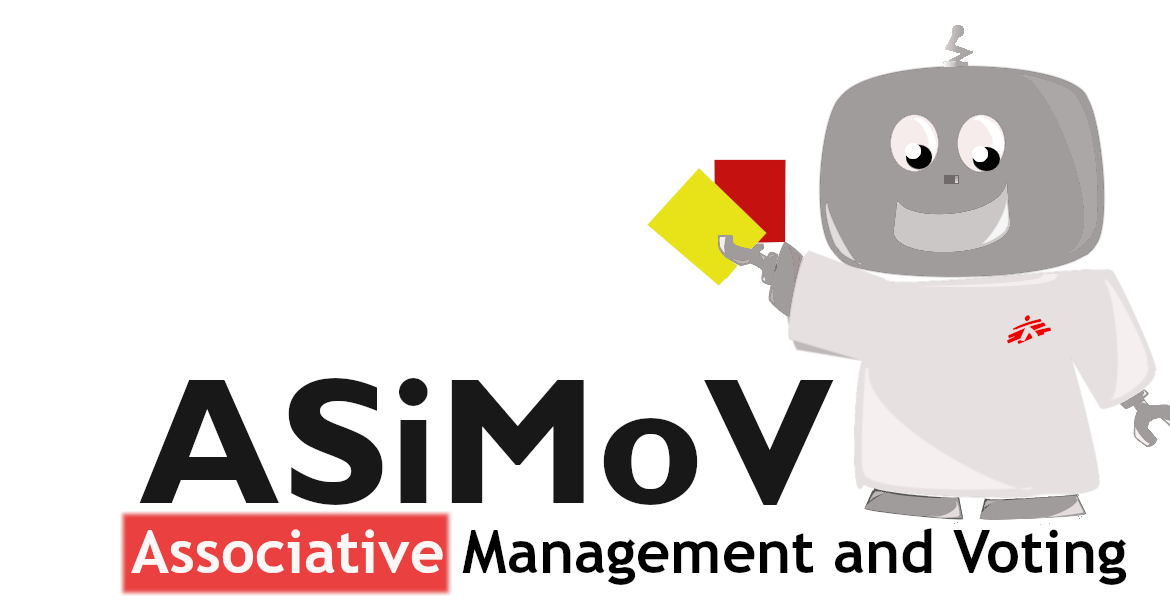2021 - MOTION 3 -
Community engagement
MOTION
We ask the OCB Board to task the Executive to implement concrete measures to improve the embeddedness of community engagement as a participatory process in all MSF projects, missions, and overall operations. We ask that 2-3 years action plan to be proposed, with dedicated resources, that considers:
- Necessary structural adaptations to foster more community participation in operational decision making
- Awareness raising in all departments both in the field and offices (on what constitutes community engagement, its importance in MSF operations, and different ways to engage with them)
- Training in all departments both in the field and offices (on how to enable and empower patients, communities, and their groups throughout MSF project lifecycles)
- Including community engagement as a transversal topic across medical circles and operations
- How to empower and promote the participation of the most vulnerable so that community engagement approaches do not reinforce existing exclusion and violence
- Integrating a system to monitor quality and impact of community engagement processes and outcomes in our activities
Background and explanation to the motion
FEEDBACK
Since the motion was passed last year, the group behind it has started the proposed activities. To kick off a few meetings at the medical & operations departments were held where the concepts and meaning of community engagement was discussed: See work by Gabrielle Schittecatte and subsequent presentation. A mapping of ongoing community engagement with examples from our ongoing and recently closed projects was laid out with examples such as: Patient and community feedback mechanisms: systematic collection & handling of feedback. Consultation of communities for program design and implementation[1]: assessments, social mapping, proactive networking, co-creation and pretesting materials, for instance. Some positive examples in line with this momentum: TIC projects: Vaccination decision making process (OR); MSF listen app; Community Engagement project in Malawi[2]; Peer-led programs: WASH clubs in Harare; PODI’s in HIV projects; Community dimension in KZN (SA); Stratégie d’Ambassadeurs in Kananga. Peer educators in Kiambu project. Peer programs in the corridor project (Malawi, Mozambique, Egypt. Routine community consultation meetings (Boma, South Sudan). Community leaders’ representation at Round Table meetings at mid-way & end-of-cycle of operational projects…
Identified problems for implementation: Community engagement is often discussed too much at conceptual level and in addition often misunderstood. MSF use the concept in a symbolic way. Communities are mostly not involved in designing or monitoring projects. MSF’s sole partner is often MoH. As our hospital focus moves towards a continuum of care principle we must engage with the community.
Proposed action plan:
- Develop and implement a monitoring framework on Community Engagement for MSF OCB projects, that serves as a sort ‘CE barometer’
- Develop a training package on CE within MSF as well integrate elements of the , CE approach in existing training and induction formats
- Define a minimum standard package of activities needed in every project (emergency and non-emergency) to foster the process of CE in MSF projects
- Adapt the job descriptions for different profiles, to include the roles and responsibilities related to integrating process of CE
- Contribute to the adaptation of the design process of projects to promote a more participatory and inclusive approach with regards to the communities - from explo to handover
- Network with the different departments, and OC
- Capitalize on what has been done before regarding CE
- Human resources: 3 years FTE as a CE focal point working transversally and interdepartmental; Based in the OPS department under DO with technical lines with the medical department and liaising with other like-minded initiatives and people in the whole movement.
- Decision to be taken end of June => TIC proposal to be written in July 2022
The motion will be presented at the International General Assembly (IGA) in the end of June 2022. If it passes, it should bring opportunities for more international collaboration and discussions on how to ensure that MSF involves the communities in our work.
The OCB-board will continue to follow up on this motion.
[1] Important part of the community engagement is needed not only at the time of design but even more important during the implementation phase: to adapt our projets and adapt our medical services better to the people and overcome barriers of access and make our services more patient friendly and patient centreded
